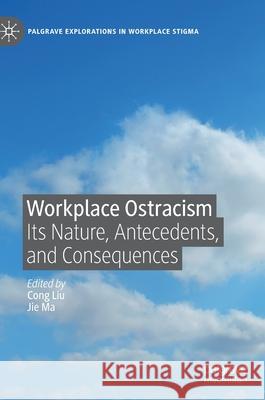Workplace Ostracism: Its Nature, Antecedents, and Consequences » książka
topmenu
Workplace Ostracism: Its Nature, Antecedents, and Consequences
ISBN-13: 9783030543785 / Angielski / Twarda / 2021 / 303 str.
Workplace Ostracism: Its Nature, Antecedents, and Consequences
ISBN-13: 9783030543785 / Angielski / Twarda / 2021 / 303 str.
cena 402,53
(netto: 383,36 VAT: 5%)
Najniższa cena z 30 dni: 385,52
(netto: 383,36 VAT: 5%)
Najniższa cena z 30 dni: 385,52
Termin realizacji zamówienia:
ok. 16-18 dni roboczych.
ok. 16-18 dni roboczych.
Darmowa dostawa!
Kategorie:
Kategorie BISAC:
Wydawca:
Palgrave MacMillan
Seria wydawnicza:
Język:
Angielski
ISBN-13:
9783030543785
Rok wydania:
2021
Wydanie:
2021
Numer serii:
000810451
Ilość stron:
303
Waga:
0.53 kg
Wymiary:
21.01 x 14.81 x 1.91
Oprawa:
Twarda
Wolumenów:
01
Dodatkowe informacje:
Wydanie ilustrowane











